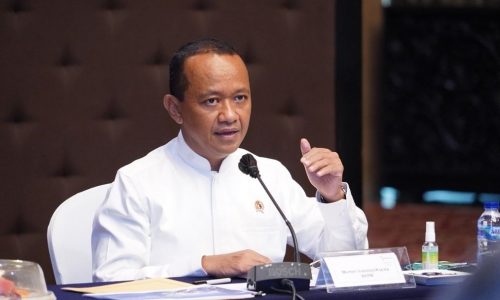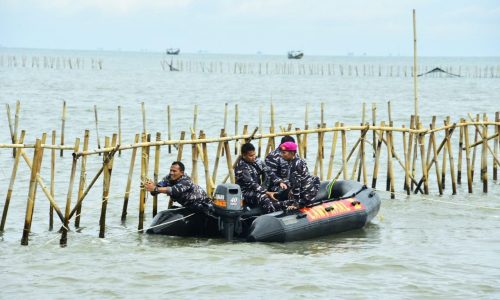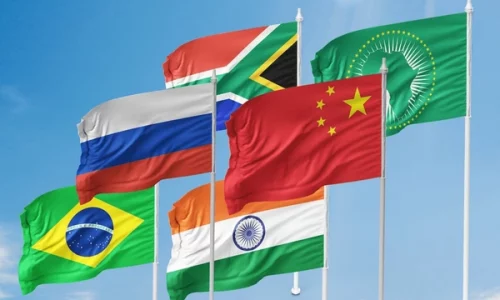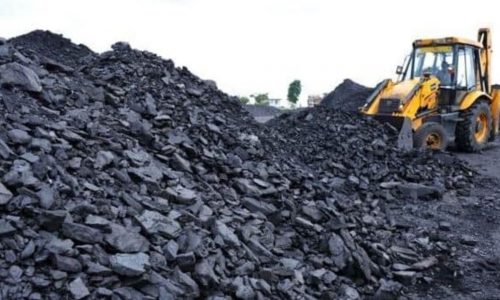The Financial Services Authority (OJK) has introduced a regulation regarding carbon trading via carbon exchanges. This regulation, referred to as OJK Regulation (POJK) No. 14/2023, provides instructions and guidance for market organizers engaged in carbon trading through carbon exchanges.
The POJK on Carbon Exchange is part of OJK’s endeavors to lend support to the government in executing climate change control initiatives that aim to reduce emissions.
These initiatives align with the commitments outlined in the Paris Agreement and domestic legal frameworks designed to meet emission targets.
Pursuant to POJK No. 14/2023, carbon units traded through carbon exchanges are considered as securities and must be registered within the National Registry System for Climate Change Control (SRN-PPI) and with the carbon exchange organizers.
Carbon units available for trading on the carbon exchange encompass Technical Approval for Emission Limits for Business Actors (PTBAE-PU) and Greenhouse Gas Emission Reduction Certificates (SPE-GRK).
The POJK Carbon Exchange represents the most recent outcome of Law No. 4/2023 concerning the Development and Strengthening of the Financial Sector (UU P2SK). The formulation of this regulation involved collaborative deliberations with the finance commission of the House of Representatives.
Predicted to generate US$ 1 billion annually
The government anticipates that carbon trading activities within the nation, both primary and secondary, could generate between US$1 billion to US$15 billion annually. OJK’s objective is to commence carbon trading through carbon exchanges in Indonesia by September 2023.
In accordance with POJK No. 14/2023, OJK administers, authorizes, supervises, and advances carbon trading via carbon exchanges. OJK exercises oversight over various facets of carbon trading, including carbon exchange organizers, the infrastructure of carbon trading, users of carbon exchange services, transactions and settlement of carbon units, governance of carbon trading, risk management, consumer protection, parties involved, products, and activities associated with carbon trading via carbon exchanges.
Essential provisions
POJK No. 14/2023 mandates that only market operators holding a business license from OJK are eligible to operate as carbon exchange organizers.
Carbon exchange organizers must be limited liability companies established under Indonesian law and possess a minimum paid-in capital of IDR 100 billion derived from non-loan sources.
Carbon exchange organizers can facilitate the trading of carbon units from overseas, whether listed or unlisted in the National Registry System for Climate Change Control (SRN-PPI), as long as it complies with relevant laws and regulations.
Carbon exchange organizers have the prerogative to establish rules for their business operations, subject to approval by OJK. Additionally, after obtaining OJK’s approval, carbon exchange organizers may engage in other activities and develop products based on carbon units.
Furthermore, carbon exchange organizers can conduct other activities such as providing a trading platform for derivative products with carbon units as underlying assets.
According to this regulation, products traded on carbon exchanges are categorized as securities in the form of securities or investment contracts, not commodities.
POJK No. 14/2023 also prescribes provisions regarding shareholders, board of directors, and board of commissioners involved in managing the stock exchange.
For instance, in Article 14, Paragraph 1, OJK stipulates that shares in carbon exchange organizers can only be owned by sui generis institutions, Indonesian citizens (WNI), and foreign legal entities holding permits or under the supervision of financial services regulators in their country of origin.
In Article 14, Paragraph 2, foreign business entities can hold directly or indirectly a maximum of 20 percent of all shares with voting rights in carbon exchange organizers, either individually or collectively.
The issuance of regulations concerning carbon exchanges signals Indonesia’s preparedness to engage in carbon trading as per the government’s target for September.
Nevertheless, there are several further stages that remain to be completed, including the selection of carbon exchange organizers. So far, the Indonesia Stock Exchange (IDX) and Indonesia Commodity Derivatives Exchange (ICDX) have expressed their readiness to organize carbon trading in Indonesia.









